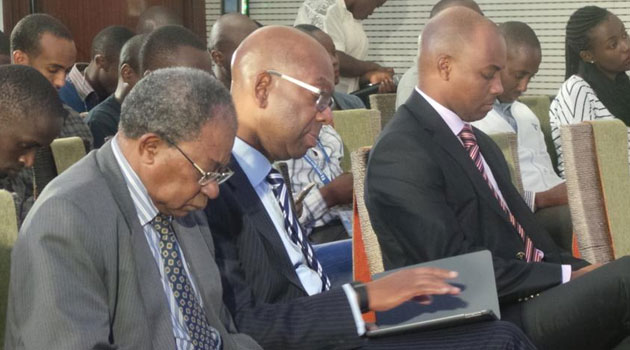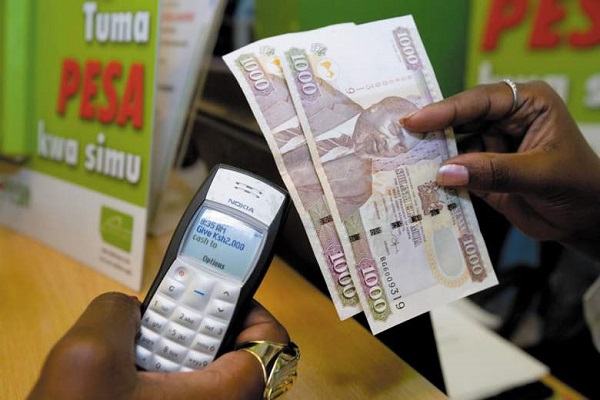
Safaricom’s market super-dominance which is primarily supported by illegal monopolistic tactics and diabolical predatory lending targeting poor people has driven it to insane profits of Sh63.4 billion in a poorly performing economy where commercial banks and manufacturing industries are closing shop .
If there was any industry that required regulation, besides the gambling industry, it is the GSM services industry. Millions use Safaricom for banking services and the firm holds billions of public money in its network yet it is not under CBK supervision and continue to charge obscenely for its money transfer services, microloans systems, advance credit, and data services.

While other sectors continue to struggle through fair competition and tough economic times, Safaricom appears to be thriving in profiteering by unethically preying on poor masses enslaved by its monopoly and arbitrary rate setting. What is worse, in each of the various telecom market segments, it has a market share that far exceeds the threshold of 50% that is set by The Competition Act, No. 12 of 2010.
Neither does its substantive foreign ownership which favours foreigners to be CEO at Safaricom.

The overall situation if left as it poses a serious threat to the socio-economic well being and national security of Kenya.
‘Significant Market Power’ means a position of economic strength enjoyed by a licensee which enables it to prevent effective competition being maintained on the relevant market by affording it the power to behave independently of its competitors, customers and consumers
The Kenya Information and Communications (Amendment) Act Section 84 W (3) states that – The Authority may by notice in the Gazette, declare a person or institution to be a dominant telecommunications service provider for the purposes of this Act.

The classical definition of dominance in the Hoffman La Roche as the power to ‘behave to an appreciable extent, independently of competitors, customers and consumers……’
When competitors challenge the dominant firm, it is able to contain them, while they are not able to deploy the same tactics since the dominant firm has a certain commercial advantage over the competitors.
The dominant firm is also independent of customers, it can bind them by rebates/discounts/promotions when it is their ‘unavoidable trading partner’
Not quite sure whether some players are abusing their dominance, since this will require further investigation/inquiry into the conduct of the concerned entity in order to ascertain whether an entity is abusing its dominance.
I would like to mention a case in point where Airtel lodged a complaint with the Competition in the year 2012 against Safaricom’s anti-competitive practice in regard of inserting an exclusive clause in the agreement between Safaricom and its money transfer agents.
In a determination made in June 2014 by the Competition Authority, it found Safaricom to have engaged in the anti-competitive practice and demanded Safaricom to expunge the exclusive clause in all its agreements with money transfer agents.

In the perfect competition scenario, each player should have an equal market share. If for instance there are four players, then each should command a twenty-five per centum share of the market.
In a scenario, where one player has more than 80% market share, while each of the competitors has less than 20% market share, then there is need to address the imperfection in the market.
There is need to develop ex-ante regulations to deter the harm from happening….. It is the role of the sector regulator to develop ex-ante regulations to deter anti-competitive practices.
Whether or not declaration of dominance is fair and just or is a punishment for success to innovation and investment.